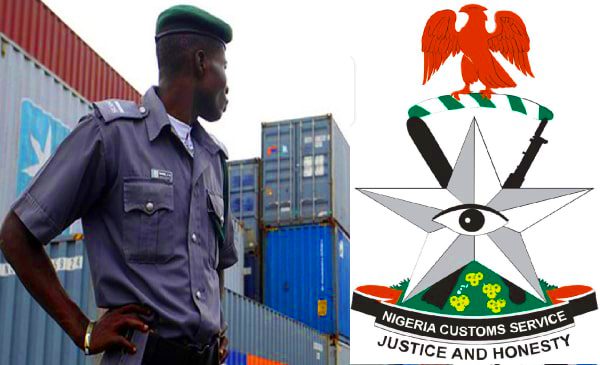

Nigeria customs instructed to implement zero percent import duties on basic food items
The Nigeria Customs Service has been instructed to implement a zero percent import duty and Value-Added Tax (VAT) exemption on basic food items.
President Bola Tinubu approved this measure, which was confirmed by the Ministry of Finance in a letter to the Nigeria Customs Service dated August 8, 2024. The Customs Service also verified this information in a document shared with reporters on Wednesday.
In response, NCS Comptroller-General Bashir Adeniyi has directed officials to begin enforcement. A circular titled “Approval for the Implementation of Zero Percent Duty Rate on Basic Food Items” indicated that the Ministry of Finance informed the agency of Tinubu’s approval. The letter, dated August 14, 2024, and signed by Deputy Comptroller-General C.K. Niagwan, listed the food items covered, including maize, husked brown rice, wheat, grain beans, and millet.
The policy applies solely to the listed items and is effective from July 15 to December 31, 2024. This follows the Federal Government’s July 10 announcement of suspending duties, tariffs, and taxes on food staples imported through land and sea borders to combat inflation.
On August 7, the NCS stated that the duty waiver would be enacted within the week. Finance Minister Wale Edun noted that the measure aims to address high food costs in Nigeria and will focus on closing the national supply gap as determined by a ministerial committee. The government reduced the duty rate from 30 percent to zero for husked brown rice, from five percent to zero for grain sorghum, millet, and maize, and removed the 20 percent duty levy on wheat and beans.
Edun also mentioned that importers seeking the duty waiver must have milling capacity and a verifiable Backward Integration Programme (BIP), which involves sourcing raw materials locally to lessen reliance on foreign imports.
Adeniyi revealed that the suspension of import duties on food items will result in an estimated revenue loss of about N188 billion. He assured that the Customs Service will facilitate proper implementation by establishing special corridors to expedite the clearance of food imports.




